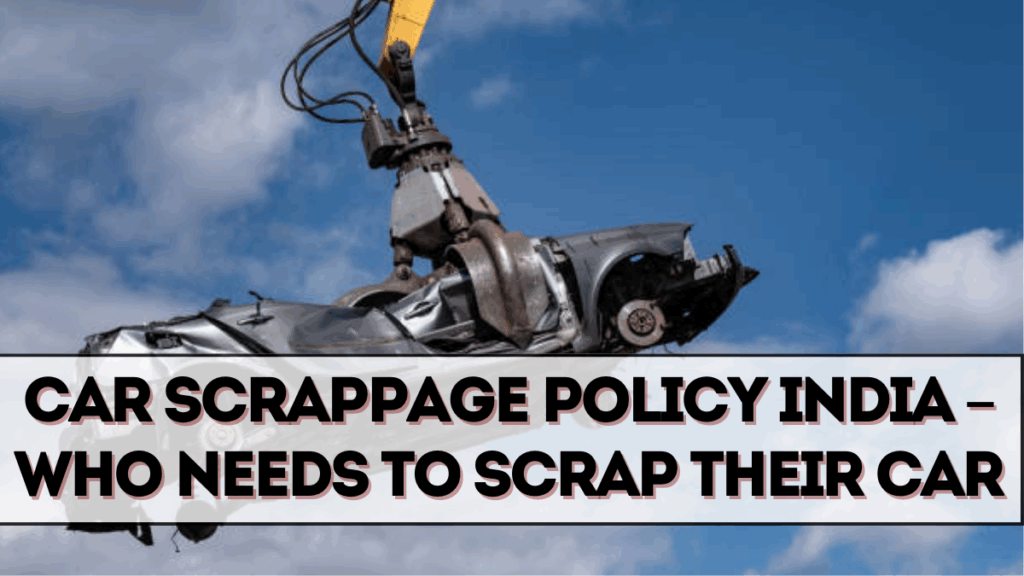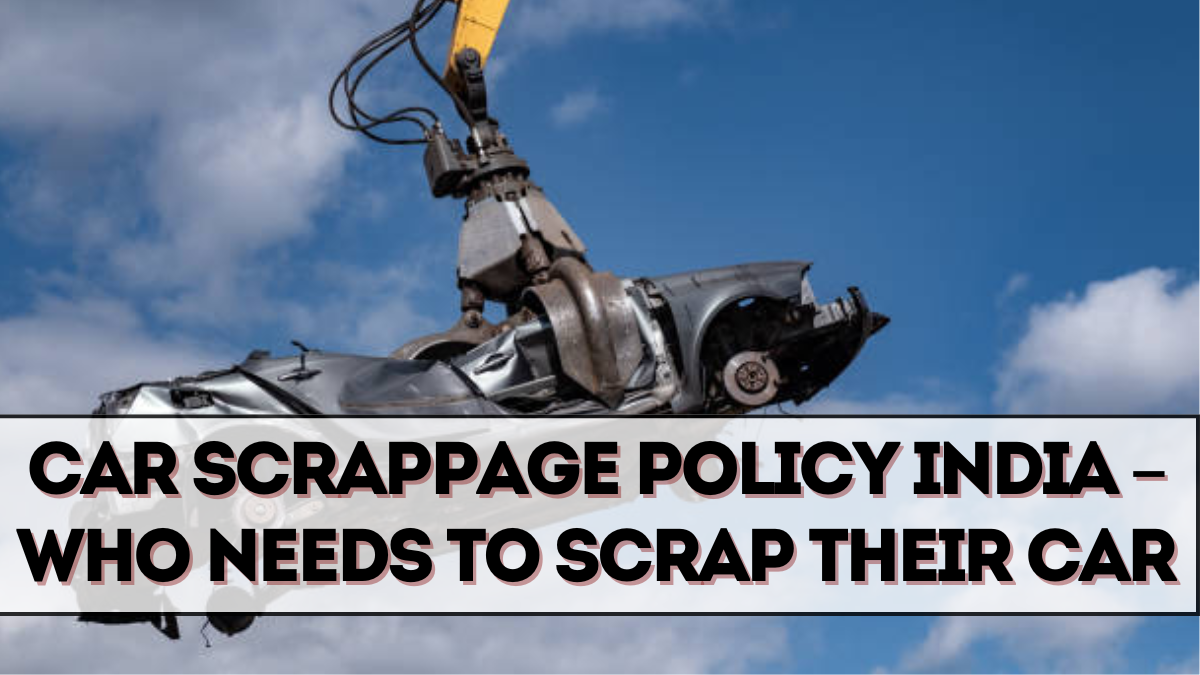India’s much-debated car scrappage policy has entered a new phase in September 2025, with the government tightening enforcement. The updated rules & eligibility 2025 now make it mandatory for certain categories of old vehicles to be deregistered and scrapped. The policy aims to reduce pollution, improve road safety, and boost the automobile industry through replacement demand.
Introduced initially in 2021, the scrappage policy has undergone multiple revisions. The latest update clarifies eligibility rules, timelines, and penalties for non-compliance, making it essential for all car owners to stay informed.

Key Rules Under the 2025 Update
The Ministry of Road Transport and Highways (MoRTH) has announced the following rules & eligibility 2025 for private and commercial vehicles:
-
Private cars over 20 years old without valid fitness certificates must be scrapped.
-
Commercial vehicles over 15 years old that fail fitness tests are mandatory scrappage candidates.
-
Government vehicles older than 15 years are to be de-registered and scrapped across all states.
-
Failed fitness or emission test vehicles of any age must be scrapped or deregistered.
-
BS3 and older vehicles are automatically ineligible for re-registration in metro cities.
These rules ensure that only roadworthy and environmentally compliant vehicles remain in circulation.
Fitness Test and Eligibility
Under the revised framework, every vehicle that crosses the 15-year (commercial) or 20-year (private) threshold must undergo a mandatory fitness test at an Automated Testing Station (ATS).
-
Pass – Vehicle can continue use with renewed registration.
-
Fail – Vehicle must be scrapped or permanently deregistered.
Owners will be issued a Scrappage Certificate after their vehicle is dismantled at an authorized scrapping center.
Benefits for Vehicle Owners
The government is offering incentives to encourage compliance with the rules & eligibility 2025:
-
Scrappage Certificate – Provides up to 5% manufacturer discount on the purchase of a new vehicle.
-
Road tax rebate – States may offer 15–25% rebate on new vehicle registration for those scrapping old ones.
-
Waiver of registration fees – Buyers using scrappage certificates get full exemption on registration charges.
-
Better resale value – Owners get paid for scrap metal, batteries, and parts.
These benefits make it financially viable for owners to replace old vehicles with new, BS7-compliant models.
Vehicles Most Affected
The updated rules & eligibility 2025 particularly impact:
-
Commercial fleets – Trucks, taxis, and buses crossing 15 years face mandatory scrappage.
-
Old private cars – Vehicles bought in the early 2000s are now hitting the 20-year limit.
-
Diesel cars – Especially affected due to stricter emission norms.
-
Government fleets – Central and state governments are already replacing official cars and buses.
This shift will significantly impact second-hand car markets, where older cars may lose value quickly.
Environmental and Economic Impact
The scrappage policy is designed to bring multiple benefits:
-
Pollution reduction – Old vehicles cause up to 10 times more emissions than modern ones.
-
Road safety – Older cars lack modern safety features, increasing accident risks.
-
Boost for auto industry – Replacement demand creates fresh sales opportunities.
-
Recycling ecosystem – Authorized scrappage centers will recycle steel, aluminum, and batteries.
According to the 2025 growth report, the scrappage policy could generate a demand for 3 million new vehicles annually, boosting GDP and employment.
Penalties for Non-Compliance
Owners who fail to comply with the rules & eligibility 2025 face strict penalties:
-
Non-renewal of registration for overage vehicles.
-
Hefty fines of ₹10,000–₹25,000 for illegal use of scrappage-eligible vehicles.
-
Insurance rejection – Non-compliant vehicles may not get valid insurance coverage.
-
Confiscation risk – Enforcement drives in major cities are already impounding overage vehicles.
This highlights the importance of timely compliance for vehicle owners.
What Car Owners Should Do in September 2025
-
Check vehicle age – If your car is close to 15–20 years, prepare for a fitness test.
-
Locate scrappage centers – Use MoRTH’s online portal to find authorized facilities.
-
Use Scrappage Certificate benefits – Plan a new car purchase using rebates and discounts.
-
Consider EVs or hybrids – Replacing old vehicles with cleaner alternatives ensures long-term savings.
FAQs
What is the age limit for scrapping cars in 2025?
Private cars above 20 years and commercial vehicles above 15 years must be scrapped if they fail fitness tests.
What are the benefits of scrapping old vehicles?
Owners receive a Scrappage Certificate, discounts on new cars, tax rebates, and waiver of registration fees.
Are BS3 vehicles allowed in 2025?
No, BS3 and older vehicles cannot be re-registered in metro cities under the new rules.
Can I keep my old car if it passes the fitness test?
Yes, vehicles passing ATS fitness tests can continue use, but must be retested regularly.
What happens if I don’t scrap my old vehicle?
Non-compliance may result in fines, deregistration, confiscation, and loss of insurance coverage.
Click here to know more.
